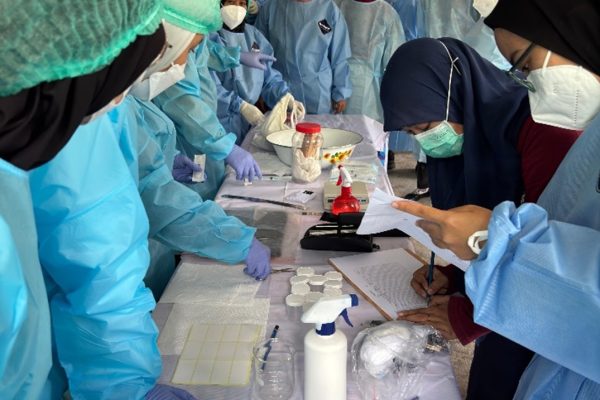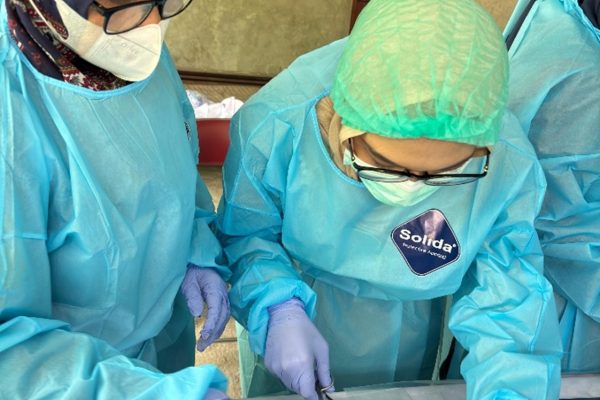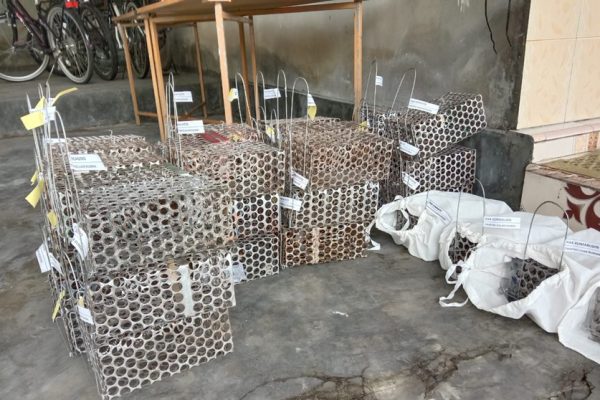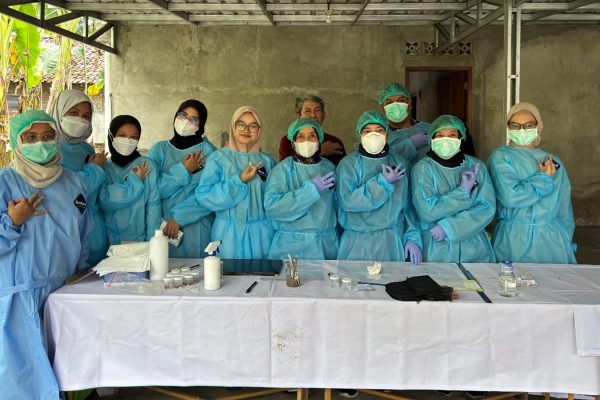Two lecturers from Faculty of Biology Universitas Gadjah Mada (UGM); Dr. Luthfi Nurhidayat and Dr. Tri Rini Nuringtyas showcased Indonesia’s growing contributions to biomedical research at The 2025 Asian Conference on Fish Models for Diseases, held from February 17–19 in Bangkok, Thailand. This conference was joined by leading scientists from across Asia and beyond in sharing advancements in the use of fish as model organisms for disease research.
Dr. Luthfi Nurhidayat delivered an oral presentation titled “Indonesia’s Native Fish: From Aquaculture Towards Biomedical Research,” highlighting the untapped potential of the native Rasbora lateristriata (commonly known as wader pari) as an alternative model organism. Initially studied for aquaculture, R. lateristriata shows promise in biomedical applications due to its fast embryonic development, resilience to warm temperatures, and its suitability for natural compound testing—an area in which Indonesia holds vast potential.
In a flash poster session, Dr. Tri Rini Nuringtyas presented her study titled “Antidiabetic Potential of Gyrinops versteegii Agarwood Leaf Extract in Zebrafish Models.” Her research demonstrates the efficacy of agarwood leaf extract as a potential antidiabetic agent, successfully tested using zebrafish.
This international engagement is part of UGM’s efforts to support the United Nations Sustainable Development Goal (SDG) 3: Good Health and Well-being. Participation in the conference strengthens Indonesia’s presence in fish-based biomedical research and opens doors for international collaboration in health-related model development.





